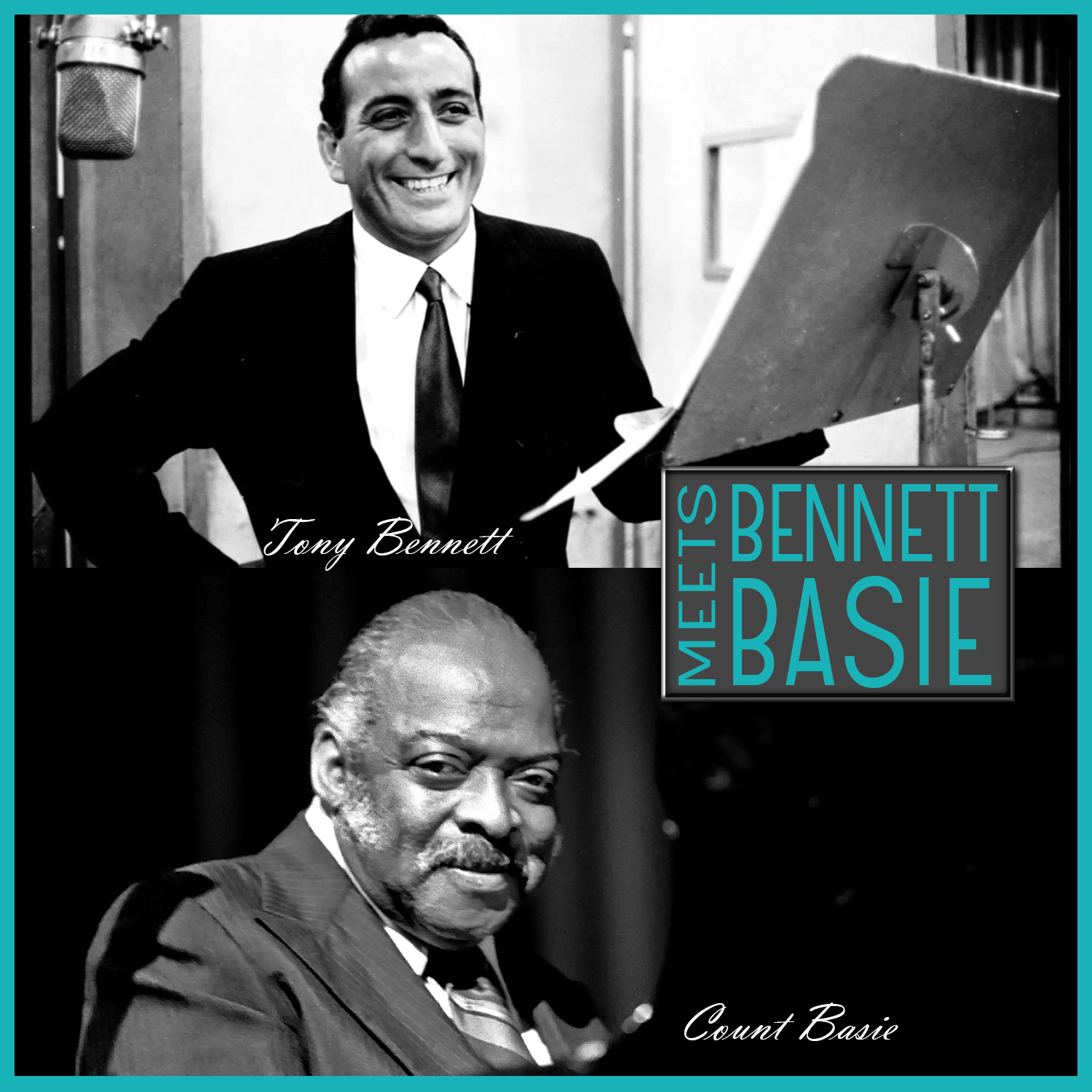Basie, Count (William Basie)ba’se, 1904–84, American jazz pianist, bandleader, and composer, b. Red Bank, N.J. After working in dance halls and vaudeville in New York City, Basie moved to Kansas City, a major jazz center. There he joined Walter Page’s Blue Devils in 1927, moving to Bennie Morton’s band in 1929. He formed his own band in 1935, and for 40 years it has produced a distinctive sound marked by a powerful yet relaxed attack. Basie’s provocative piano style
[more]Basie, Count (William Basie)ba’se, 1904–84, American jazz pianist, bandleader, and composer, b. Red Bank, N.J. After working in dance halls and vaudeville in New York City, Basie moved to Kansas City, a major jazz center. There he joined Walter Page’s Blue Devils in 1927, moving to Bennie Morton’s band in 1929. He formed his own band in 1935, and for 40 years it has produced a distinctive sound marked by a powerful yet relaxed attack. Basie’s provocative piano style is characterized by a predominant right hand. Among the many pieces he has composed for his band is “One O’Clock Jump.”
[less]Tony Bennett is an American jazz vocalist, best known for performing standards and his signature song, "I Left My Heart in San Francisco." Synopsis Tony Bennett was born in Astoria, Queens, New York, on August 3, 1926. Bennett had his first hit, "Because of You," in 1951, and made a career singing standards, including his signature song, "I Left My Heart in San Francisco." Bennett's career waned in the mid-1960s, as rock music became dominant, but rebounded in
[more]Tony Bennett is an American jazz vocalist, best known for performing standards and his signature song, "I Left My Heart in San Francisco."
Synopsis
Tony Bennett was born in Astoria, Queens, New York, on August 3, 1926. Bennett had his first hit, "Because of You," in 1951, and made a career singing standards, including his signature song, "I Left My Heart in San Francisco." Bennett's career waned in the mid-1960s, as rock music became dominant, but rebounded in the 1990s.
Early Life
Bennett grew up in a poor family, in circumstances made more difficult by the Depression and by the death of his father when he was 9. While he attended the High School for the Industrial Arts in New York City, Bennett began working as a singing waiter. After serving in the Army infantry during World War II, he took advantage of the G.I. Bill and studied singing and acting at the American Theatre Wing. During this period his vocal coach Mimi Spear offered some advice that he took to heart: Don't imitate other singers; emulate instrumentalists instead.
Early Hits
The young singer was discovered by Pearl Bailey in Greenwich Village and subsequently hired by Bob Hope in 1949. Hope advised him to take the name Tony Bennett (rather than the name he had been using, Joe Bari) and put him in his road show. Bennett told Billboard in 1997, "I've been on the road ever since." He signed with Columbia Records in 1950 and started working with record producer Mitch Miller. His early hits included "Rags to Riches," "Because of You" and "Stranger in Paradise." His most famous song, "I Left My Heart in San Francisco," was released in 1962 as a B-side on a single; it also earned Bennett his first Grammy Award.
Professional and Personal Struggles
Bennett's success led to some artistic differences between the singer and his record company. His interest in singing quality material made him want to try new songs and new kinds of music. Columbia, however, wanted to repeat the style of his early hits. For some time, Bennett and Miller compromised by each selecting one half of the material to be recorded. After 20 years of recording with Columbia, however, he was told not to do any new songs. Company management wanted Bennett to cover top 10 hits. Soon thereafter, Bennett ended his relationship with the company, formed his own label and recorded on others. Bennett ended up taking a long hiatus from recording, staying away from the studios for some 10 years before he made the 1986 album The Art of Excellence.
Bennett's break from recording coincided with some difficult times for the singer. He moved to California in the late 1970s and began using cocaine and marijuana, drugs that were an integral part of the celebrity party scene. A near-death experience passing out in the bathtub and the memory of Lenny Bruce's drug-related death scared Bennett into changing his habits. Bennett was also struggling with a change in the public's taste in popular music, with the increased dominance of rock and roll. When he began his career, pop music appealed to all ages. Bennett asserts that young listeners were being taught that rock music belonged exclusively to their generation and that this alienated children from their parents. Moreover, music marketing was so focused on young listeners that it was squeezing adults who bought Bennett's albums out of the record stores.
Credit: biography.com
[less]